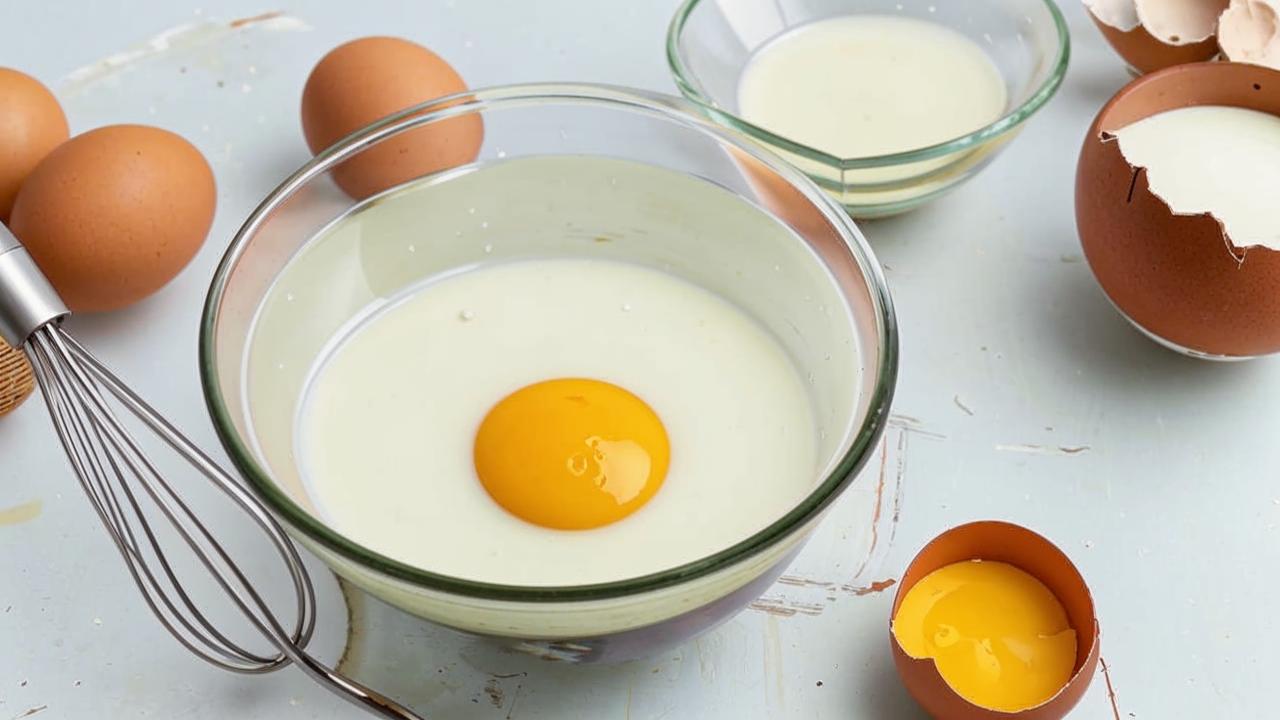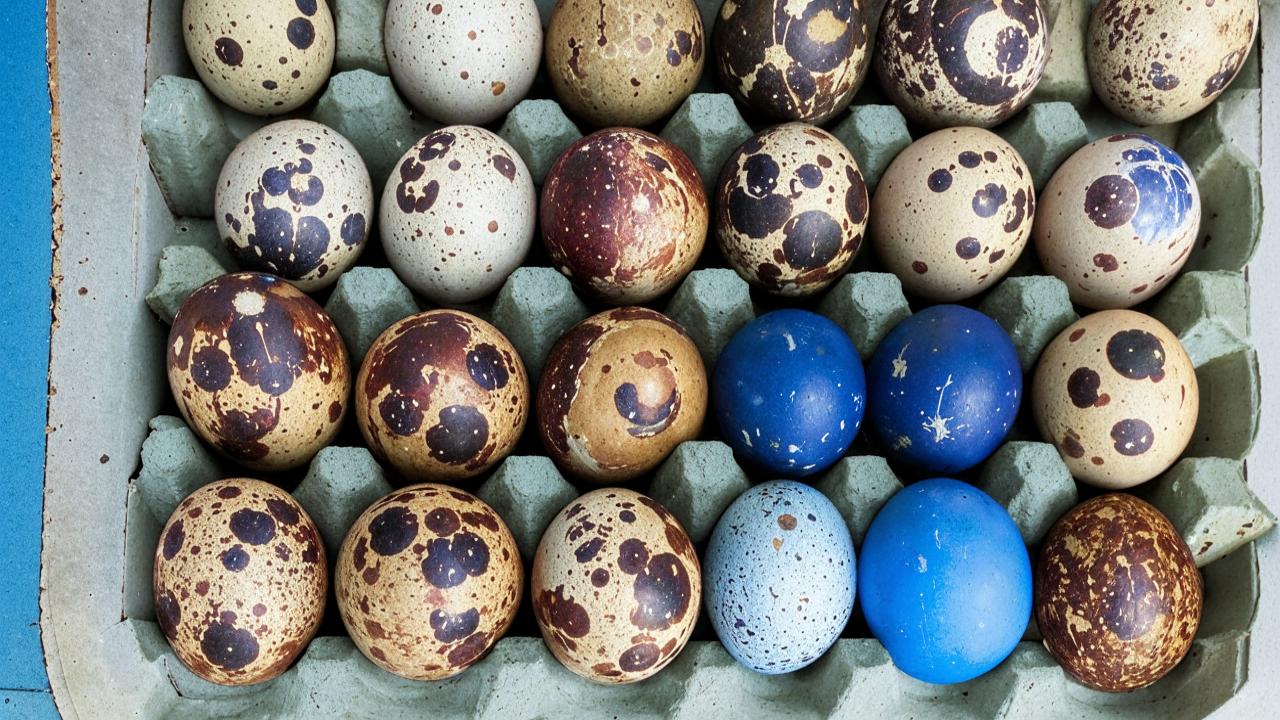
Nutriciologist, expert in the field of nutrition and eating behavior correction
“Egg is not just a popular ingredient in many dishes, but also a treasure trove of nutrients. For many years, this product has been the object of conflicting opinions among nutritionists. The reason is simple – because of its cholesterol content. However, many agree that it is an indispensable source of many vitamins, minerals and other beneficial components.”
At first glance, chicken and quail eggs may seem similar in their properties. However, upon closer inspection, the differences become apparent. Not only do they differ in size and appearance, but also in nutrient content, the way they are used in cooking and even their health effects.
Benefits of chicken eggs
An important property of this product is that it is nutritious and non-caloric. In 100 g of the product contains 157 kcal, 14 g of protein, 17 g of fat and 0.8 g of carbohydrates.

Chicken eggs are very useful for the human body. They increase immunity, maintain normal blood pressure, protect the nervous system, help get rid of extra pounds. Their properties do not end here:
- they are a source of high-quality protein, which promotes growth and tissue repair;
- they contain a large number of vitamins. Among them are vitamins A, D, E and group B and minerals including phosphorus, iron and zinc, sodium, magnesium, chromium, potassium;
- the yolk is rich in choline. It promotes brain development and keeps the nervous system healthy;
- eggs contain antioxidants that help prevent age-related vision changes;
- they are a source of healthy fats and omega-3 fatty acids;
- chicken eggs support heart health due to their folic acid and other nutrients;
- this product also helps in maintaining a healthy weight as they help in prolonging the feeling of satiety.
What are the harms of chicken eggs?
This product has a number of contraindications. However, if you follow the recommendations on the rate of consumption, then problems can be avoided. It is important to remember the following:
- The consumption of a large number of eggs can lead to an increase in the level of cholesterol in the blood. The reason for this is the high saturated fat content in the yolk. Although there are studies on clinical nutrition and metabolism that say that eating a couple of eggs (four to six) weekly does not raise cholesterol levels;
- some people may experience allergic reactions to the protein or other components of eggs;
- there is a risk of salmonella contamination from eating raw or undercooked eggs;
- the product may contain antibiotic or hormone residues if the birds were raised on intensive farms;
- some studies prove that excessive egg consumption increases the risk of cardiovascular disease;
- they also contain purine, which can cause exacerbation of gout in people with this condition.
Remember that eggs should be consumed in moderation and individual tolerance should be taken into account. One or two eggs a day is only beneficial.

Benefits of quail eggs
In 100 g of the product contains 168 kcal, 12 g of proteins, 13 g of fats and 0.6 g of carbohydrates. Like chicken eggs, quail eggs have a rich composition. For example:
- quail eggs contain five times more phosphorus and seven times more iron than chicken eggs;
- they are rich in amino acids, vitamins (A, D, especially B) and minerals (calcium, magnesium, phosphorus, iron, potassium, selenium);
- also help to improve the digestive system. May be especially helpful for gastritis and ulcers;
- the product contains ovomucin, which has antiviral properties;
- due to their composition, they can support the health of the skin and hair;
- these eggs help strengthen the immune system and increase hemoglobin levels in the blood; their consumption can help prevent atherosclerosis and other cardiovascular diseases.
What are the harms of quail eggs?
Before consumption, it is worth paying attention to the following:
- like chicken eggs, quail eggs can cause allergic reactions in some people;
- excessive consumption can lead to liver and kidney disorders due to the high protein content;
- there is a risk of contracting various bacteria when consuming raw eggs;
- like any product, they should be consumed in moderation;
- some may experience digestive distress when consuming large quantities of quail eggs.
Before purchasing, it is important to pay attention to the country of origin of the eggs, as their quality may depend on the conditions in which the bird is kept.

Which are healthier: quail eggs or chicken eggs?
Both types of eggs contain many useful substances and have their own advantages. Quail eggs are often considered more nutritious because of their high vitamin and mineral content, as well as the lower risk of contamination.
The two types of eggs do contain cholesterol. But it is worth remembering that its level in a person’s blood depends more on the saturated fat in the diet than on the cholesterol consumed.
Quail eggs contain more healthy fats and less saturated fat compared to chicken eggs.
Choosing between one or the other depends on individual preferences, nutrient needs and budget. Both types offer unique benefits. If you’re looking for a more nutritious and exotic product, quail eggs may be right for you. If you need an affordable and versatile product for a variety of dishes, chicken eggs would be the best choice.
Is it possible to replace chicken eggs with quail eggs?
This is the most frequent question. Especially when the recipe specifies quail eggs. Russians are more accustomed to chicken eggs. The replacement does not change the taste of the dish much.
Do not forget to calculate the norm. So, one chicken will be equal to five quail. From an energy point of view – two quail are equal to one chicken.
Many people believe that quail are hypoallergenic. Remember that the body’s reaction can occur to all types of eggs. Take this into account when drawing up a children’s menu. In this case, it is worth consulting with a pediatrician.





